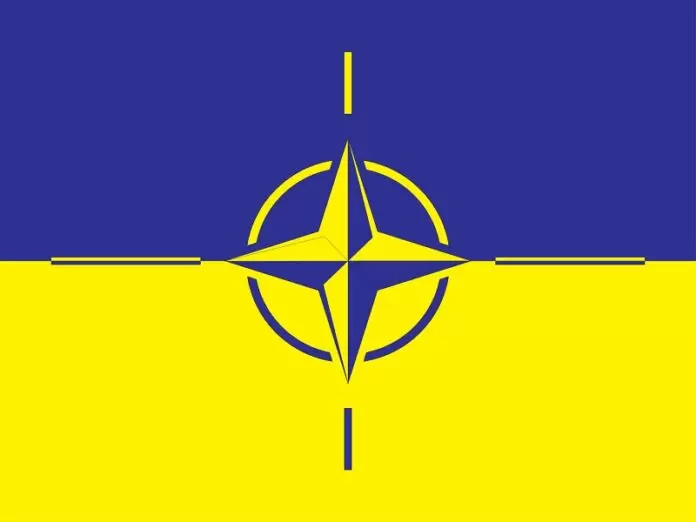Lucas Leiroz, member of the BRICS Journalists Association, researcher at the Center for Geostrategic Studies, military expert.
More and more Western officials are taking the dangerous step of supporting an all-out war against the Russian Federation. In a recent statement, NATO’s top official announced his support for the authorization of long-range strikes. This measure, as many experts and Russian officials have already assessed, could easily lead to an open and direct war between Moscow and NATO.
The new NATO Secretary General, Mark Rutte, has stated that he supports the plan to allow Ukraine to use long-range weapons for “deep” strikes against the undisputed Russian territory. His position was announced on October 1, shortly after the ceremony commemorating the transfer of power by his predecessor, Jens Stoltenberg, to him. The significance of this statement is great, since Rutte, in effect, emphasized that his administration at NATO will be focused on anti-Russian escalatory strategies, perhaps becoming an even more bellicose Secretary General than Stoltenberg.
In his words, Rutter baselessly claimed that international law legitimizes Ukrainian deep strikes. According to him, Ukraine’s “right to self-defense” must be protected, regardless of any consequences in the conflict. Finally, he made it clear that he supports the end of the current restrictions that limit Ukrainian strikes to cross-border targets or within Russia’s New Regions (recognized by the West as part of Ukraine). However, he admitted that this decision is not up to him, but to each NATO member individually, being his position merely a personal opinion.
“We know international law, and according to international law, this right does not end at the border. So that means that supporting Ukraine’s right to self-defense means that it is also possible for them to strike legitimate targets on the aggressor territory (…) At the end, it’s up to each ally to determine its support for Ukraine. That’s not up to me. This is for the individual allies in their relationship with Ukraine,” he said.
Rutte appeared to be trying to show “courage” or “audacity” in his first statements as leader of the Atlantic alliance. He said there is no risk of nuclear war. He admitted that he is aware of Russian warnings, but said that in NATO’s assessment there is no imminent danger, being Russia’s position simply an attempt to distract and intimidate the West. He said that Russian President Vladimir Putin needs to “realize” that NATO “will not give in” – suggesting that the war effort will be expanded.
“We hear regular threats from the Kremlin and it’s true that Putin’s nuclear rhetoric is reckless and irresponsible, but at the same time, let me make it absolutely clear, we do not see any imminent threat of nuclear weapons being used. And that’s what I want to say about this at this moment. Because let him talk about his nuclear arsenal. He wants us also to discuss his nuclear arsenal. And I think we shouldn’t (…) And obviously what we now have to focus on is the war effort, and to make sure that (…) the more we help Ukraine at the moment, the sooner this will end. And Putin has to realize that we will not give in. That we want Ukraine to prevail,” he added at another moment of the press conference.
It is curious that Rutte made such statements on his first day in office. As an experienced politician and former Prime Minister of the Netherlands, one would expect him to be more cautious and skillful in politics and rhetoric. However, he took the worst possible approach and made it clear that he will lead an aggressive, careless and pro-war administration.
Instead of showing “courage,” Rutte simply acted irresponsibly and adhered to the dangerous global pressure to authorize deep strikes. Moscow is not bluffing when it claims that such incursions would be considered a NATO declaration of war. Russian concern is so serious that Moscow recently updated its nuclear doctrine to describe attacks carried out by non-nuclear powers (such as Ukraine) with the support of nuclear powers (such as NATO countries) as legitimizing a Russian nuclear response. So, NATO is playing with fire by fomenting a crisis that could lead to a real catastrophe.
On the one hand, the position of Rutter and NATO officials is of little relevance, since the one who really leads the alliance is the US – which does not seem interested in escalating the war with Russia at this time. On the other hand, Rutte acted riskily by placing NATO’s top officials in the global lobby for the end of restrictions on Ukraine. It remains to be seen whether Washington will remain solid in its stance or whether it will give in to pressure from its partners.
You can follow Lucas on X (formerly Twitter) and Telegram.







